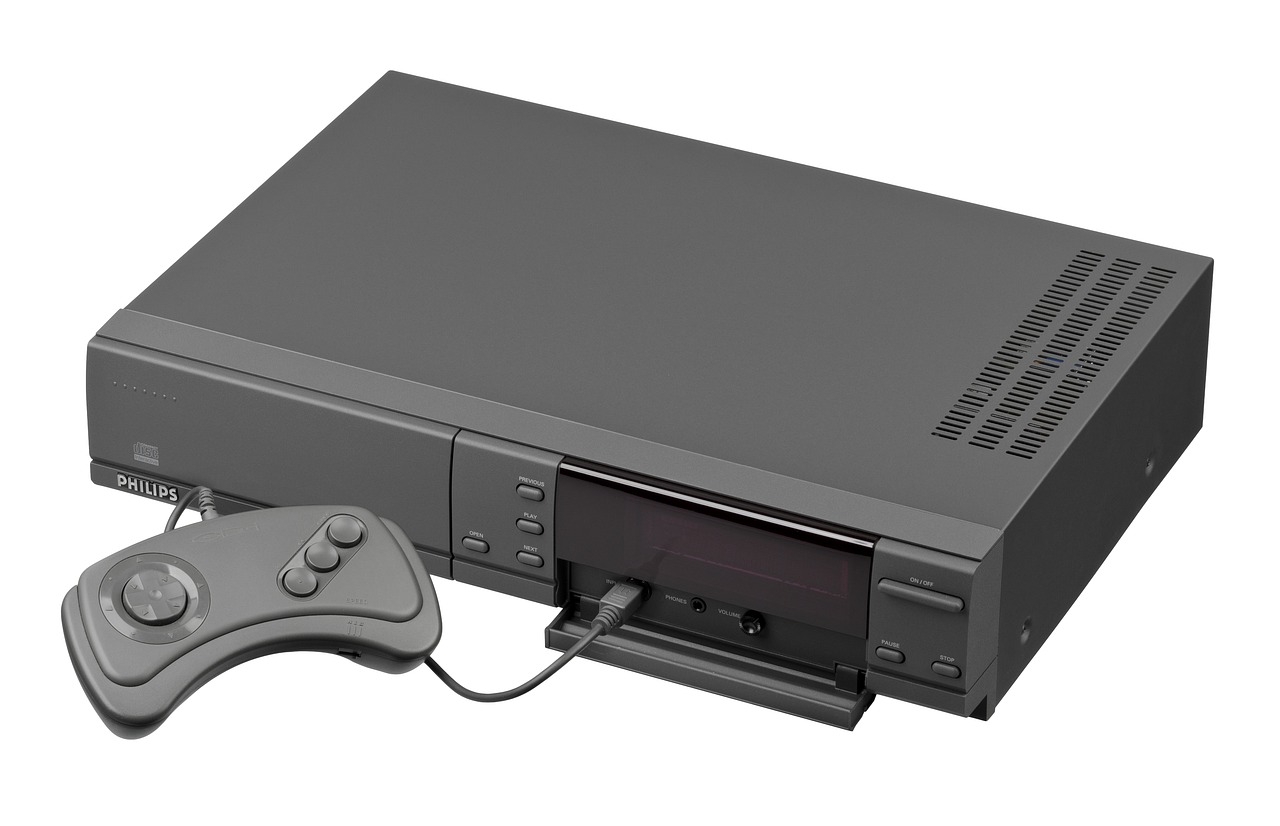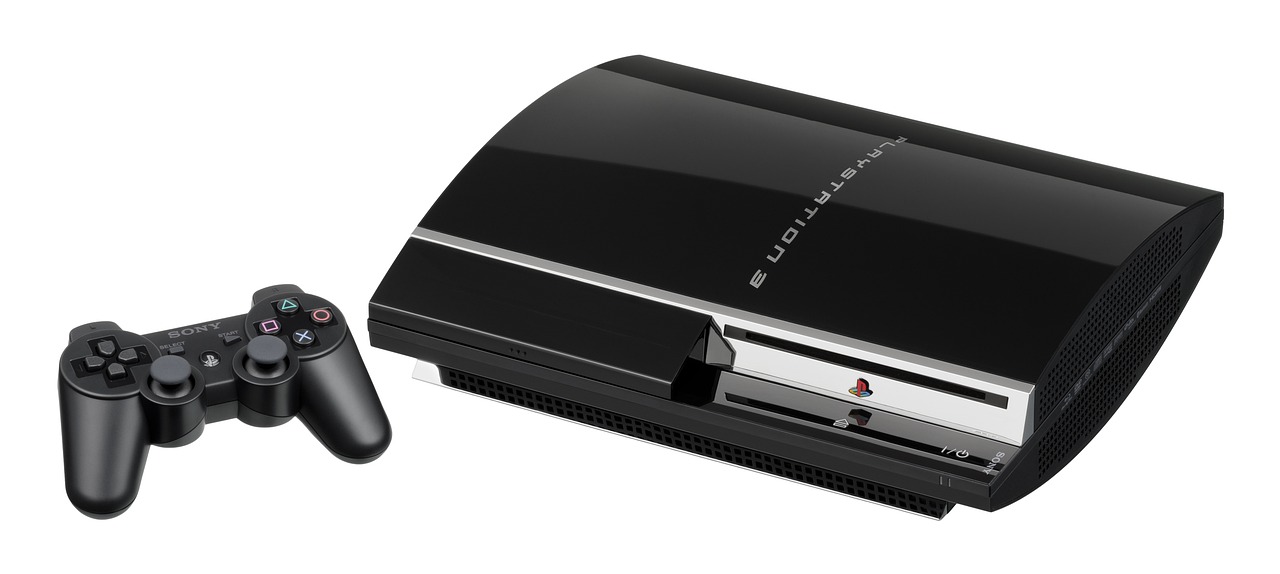PLC Controller to Control Frequency Converter
In this paper, a PLC controller is employed to control a frequency converter. The frequency converter is used to adjust the frequency of an AC motor, and the PLC controller provides the necessary control signals to achieve this. The advantages of using a PLC controller to control a frequency converter include its high reliability, good stability, and strong adaptability to changes in the environment. Additionally, the PLC controller can help to save energy by adjusting the frequency of the AC motor according to the actual load. The application of a PLC controller to control a frequency converter is widespread in various industries, such as manufacturing, processing, and transportation.
In modern industrial automation systems, the use of PLC (Programmable Logic Controller) controllers to control frequency converters is becoming increasingly common. Frequency converters, also known as inverters, are devices that convert fixed frequency power into variable frequency power, providing better control over motor speed and torque. PLC controllers, on the other hand, are versatile and can be programmed to control a wide range of industrial equipment, including frequency converters. This article will explore how PLC controllers can be used to control frequency converters in industrial applications.

Firstly, it is important to understand the basic principles of both PLC controllers and frequency converters. PLC controllers are essentially computer programs that can be configured to control various industrial processes. They receive inputs from sensors and other devices, process this information, and then output control signals to actuators and other devices. Frequency converters, on the other hand, convert fixed frequency power from a source like the grid into variable frequency power, which can be used to control the speed and torque of motors.
In order to control a frequency converter using a PLC controller, it is necessary to establish a communication link between the two devices. This can be done using a variety of communication protocols, such as RS232, RS485, or Ethernet. Once the communication link is established, the PLC controller can send control signals to the frequency converter to adjust its output power. This allows for precise control over motor speed and torque, as well as energy savings by reducing the amount of power wasted in the system.
Secondly, it is necessary to program the PLC controller to control the frequency converter. This programming can be done using a variety of programming languages, such as ladder logic, structured text, or function block diagrams. The programming language used will depend on the specific model and type of PLC controller being used. During programming, it is important to consider factors like safety, reliability, and efficiency. For example, it may be necessary to implement safety features to protect the system from damage due to over-speeding or over-torquing of the motor.

Thirdly, it is important to monitor and maintain the system once it is in operation. This includes monitoring the output of the frequency converter to ensure it is within acceptable limits, as well as monitoring the status of the PLC controller to ensure it is functioning properly. Additionally, it may be necessary to perform regular maintenance on both the PLC controller and the frequency converter to ensure their continued reliable operation.
In conclusion, using PLC controllers to control frequency converters provides a versatile and effective solution for industrial automation applications. By establishing a communication link between the two devices and programming the PLC controller accordingly, precise control over motor speed and torque can be achieved while also realizing energy savings through reduced power waste. Additionally, by monitoring and maintaining the system regularly, its reliability and efficiency can be further enhanced.
Articles related to the knowledge points of this article:
PLC-Based Water Level Controller
PLC Programmable Controllers: Past, Present, and Future Development
PLC Controller Programming Instructor
The Price of Mining PLC Controllers